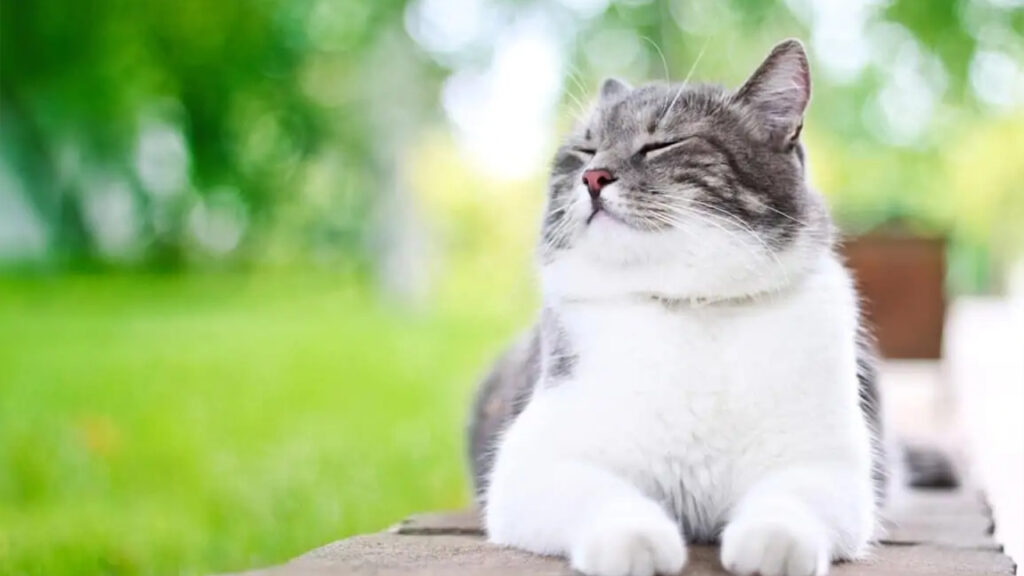In order to keep your cat healthy for the most part, all you need to do is provide good food, shelter, and plenty of water. However, like other living things cats can get sick from time to time no matter your efforts.
Healthy Diet
As a cat owner, you will want to ensure that you feed your cat only the best. Premium cat food is ideal for cats, as it does not contain fillers, artificial preservatives, and other unhealthy ingredients. Take some time to read the label as if you were buying food for your own children.
Pay attention to Behavioral changes
You will also need to pay attention to changes in behavior as this may be an indication that your cat might be sick. Although most of the more common ailments and sicknesses are minor, certain changes may require a trip to the vet just to be on the safe side. A vet can be the determining factor between life and death for your cat.
- Acting sluggish, lack of energy, laying around all the time, and not eating are all signs that you need to take him to the vet immediately.
- The appearance of your cat’s coat is also a good thing to watch as well. If you notice his coat dull and patchy or notice abnormal shedding, you should contact your vet.
- Diarrhea and vomiting are usually common, even with basic sickness. On the other hand, if your cat seems to be doing either one of the two for more than a day, you should contact your veterinarian.
- Coughing is common as well and is simply a way for cats to dislodge hairballs. On the other hand, If your cat seems to be coughing for another reason, you should have him checked out as soon as possible.
Vaccinations and why they are important
Staying up to do date with his vaccinations ensure that your cat isn’t subjected to various diseases. There are several diseases out there that require vaccinations, including rabies and feline panleukopenia.
Feline panleukopenia also known as feline distemper is one of the most devastating diseases a cat can get. At the same time, it is also one of the easiest to prevent as well. The disease strikes cats very fast and leaves you with very little time to seek treatment.
Feline leukemia (FeLV) is another very deadly disease that can be prevented early on with the proper vaccinations. Although the disease is not possible for humans to contract, it can be spread quickly among cats. You will want to be careful and not expose other cats around a cat you know has feline leukemia. Some vaccinations can treat the disease these days, however, there is no cure.
Worms
Another problem, which is very common with cats that stay outdoors, is worms. There are several different types of worms, including tapeworm, whipworm, ringworm, and hookworm. Worms can come from fleas, lice, or even the organs of dead rodents that cats consume. Normally, the cat will digest the eggs which will later mature and attach themselves to the walls of the intestines.
Symptoms: Cats that have worms will normally have little to no appetite, weight loss, vomiting, a lack of luster, and diarrhea. (In some cases you may find worms in the stool or vomit.)
Treatment: Although there is no scientific evidence, some pet owners believe that feeding your cat garlic may help to protect him against worms. However, proceed with caution since some cats may sensitive to having garlic. If you suspect your cat has worms, you should take him for an examination. A vet will be able to prescribe the necessary medication.
Taking the proper steps with your cat now can keep him healthy for years to come. Remember to make sure he has quality food and doesn’t miss any of his scheduled checkups with the vet. If he gets the proper vaccinations when he is required to get them, he should be safe against numerous pests and diseases. Lastly, monitor any unusual changes in behavior no matter how small.
